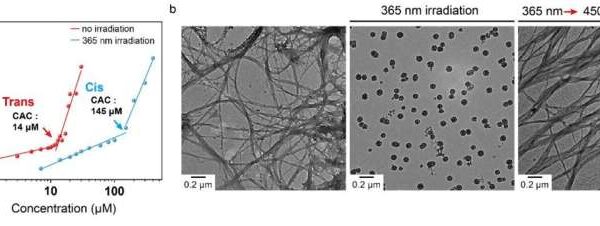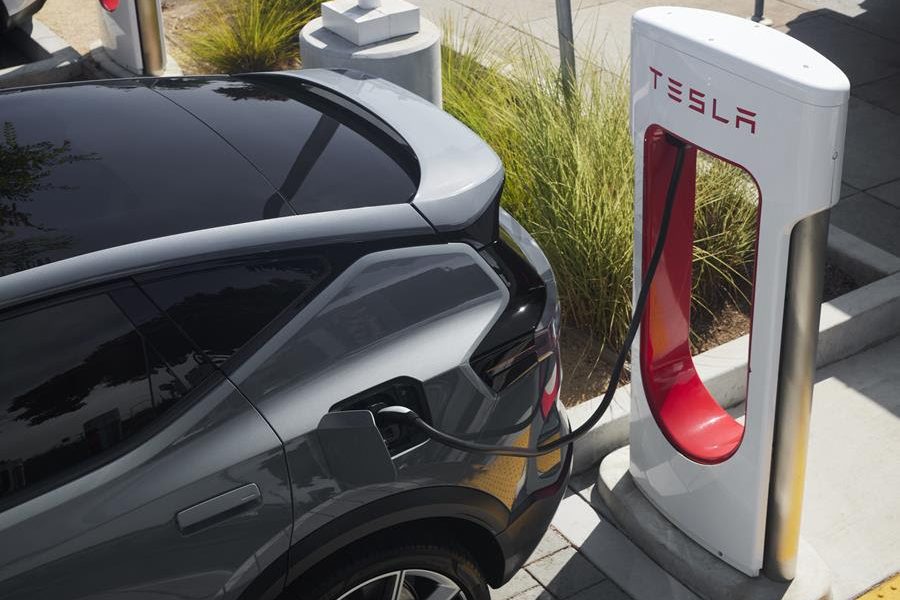Battery-electric vehicles (BEVs) in Europe are becoming significantly cleaner at a faster rate than previously anticipated, according to a new study released by the International Council on Clean Transportation (ICCT) this week. The research indicates that BEVs sold today produce 73 percent fewer life-cycle greenhouse gas emissions compared to traditional internal combustion engine (ICE) vehicles, even when accounting for the emissions generated during production.
The findings represent a 24-percent improvement over ICCT’s 2021 estimates for the year, highlighting the rapid advancements in renewable energy programs across the continent. The comprehensive analysis assessed the life-cycle emissions of various powertrain types and concluded that BEVs are the only widely available technology capable of significantly reducing emissions to meet climate targets. In contrast, hybrids and plug-in hybrids showed only minimal impact on the overall climate footprint of the transportation sector.
Dr. Marta Negri, an ICCT researcher, stated, “Battery electric cars in Europe are getting cleaner faster than we expected and outperform all other technologies, including hybrids and plug-in hybrids.” She attributed this progress to the swift deployment of renewable electricity and the enhanced energy efficiency of BEVs.
The study aims to address misinformation surrounding BEV powertrains. Dr. Georg Bieker, a senior researcher at ICCT, pointed out that while manufacturing emissions for BEVs may be up to 40 percent higher than those for ICE vehicles, this discrepancy is quickly mitigated after approximately 17,000 km (about 10,563 miles) of driving. “We hope this study brings clarity to the public conversation, so that policymakers and industry leaders can make informed decisions,” Dr. Bieker remarked, emphasizing the importance of accurate information in discussions about vehicle emissions.
The ICCT study encompasses emissions related to vehicle and battery production, recycling, fuel and electricity generation, fuel consumption, and maintenance. Dr. Bieker stressed, “Our study accounts for the most representative use cases and is grounded in real-world data. Consumers deserve accurate, science-backed information.”
As Europe continues to advance its renewable energy initiatives, the implications for the automotive industry and environmental policy are profound. The increasing efficiency of BEVs not only positions them as a more sustainable alternative but also underscores their potential role in achieving long-term climate goals.
With these findings, the ICCT aims to influence the ongoing dialogue surrounding electric vehicles, ensuring that industry leaders and policymakers are equipped with the facts necessary to navigate the evolving landscape of transportation emissions.





































































